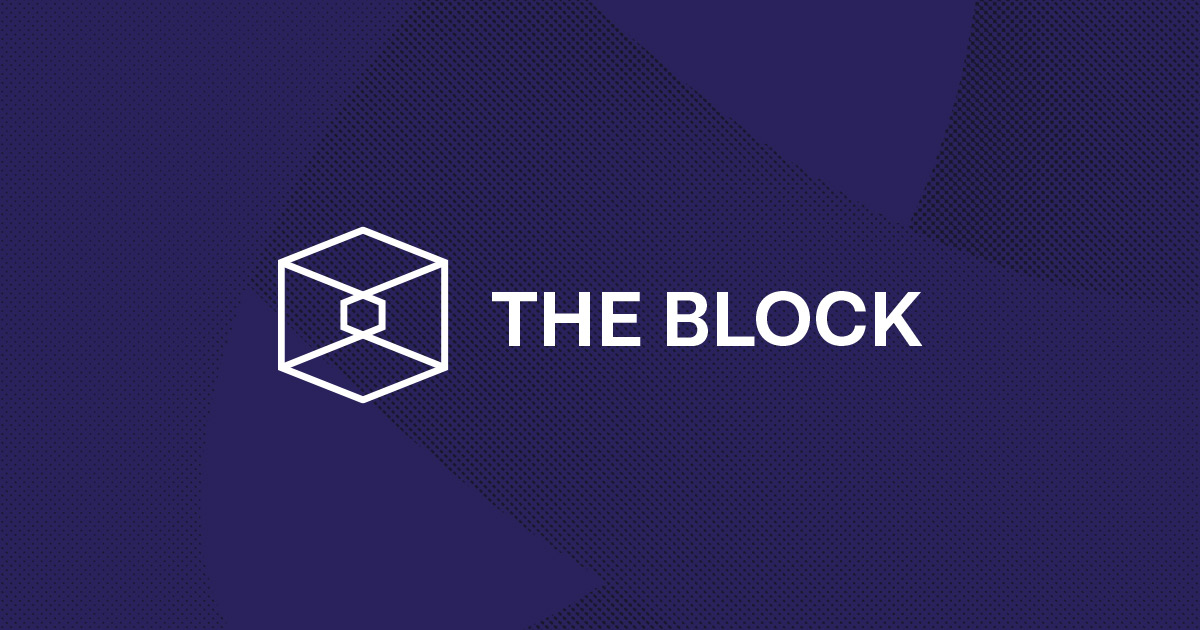MIT’s new cryptocurrency reduces data requirements considerably, researchers say


MIT researchers have been working on a new cryptocurrency to reduce by up to 99 percent the amount of data users need to store in order to make transactions versus popular cryptocurrencies, the researchers claim.
Next month, Derek Leung, Yossi Gilad and Nickolai Zeldovich will present their paper on Vault, a cryptocurrency said to be “much more scalable” when compared to other already existing tokens.
“Currently there are a lot of cryptocurrencies, but they’re hitting bottlenecks related to joining the system as a new user and to storage. The broad goal here is to enable cryptocurrencies to scale well for more and more users,” said Derek Leung.
Unlike other cryptocurrencies, Vault does not require users to download and store all transaction data, but rather a fraction of it with the use of sharding. Shards contain much smaller portions of data that are shared across the network, allowing users to process less information in the verification process. They also introduced breadcrumb technology—instead of validating all blocks, they provide “each new certificate verification information based on a block a few hundred or 1,000 blocks behind it.”
Moreover, the system allows for deleting inactive accounts with zero balances. Thanks to all these methods the bandwidth for joining Vault’s network is alleged to be significantly smaller than bitcoin’s or ethereum’s in test conditions. The next test will be performance in a production environment.





